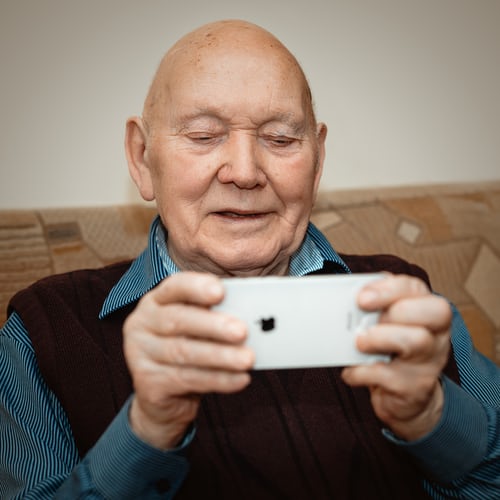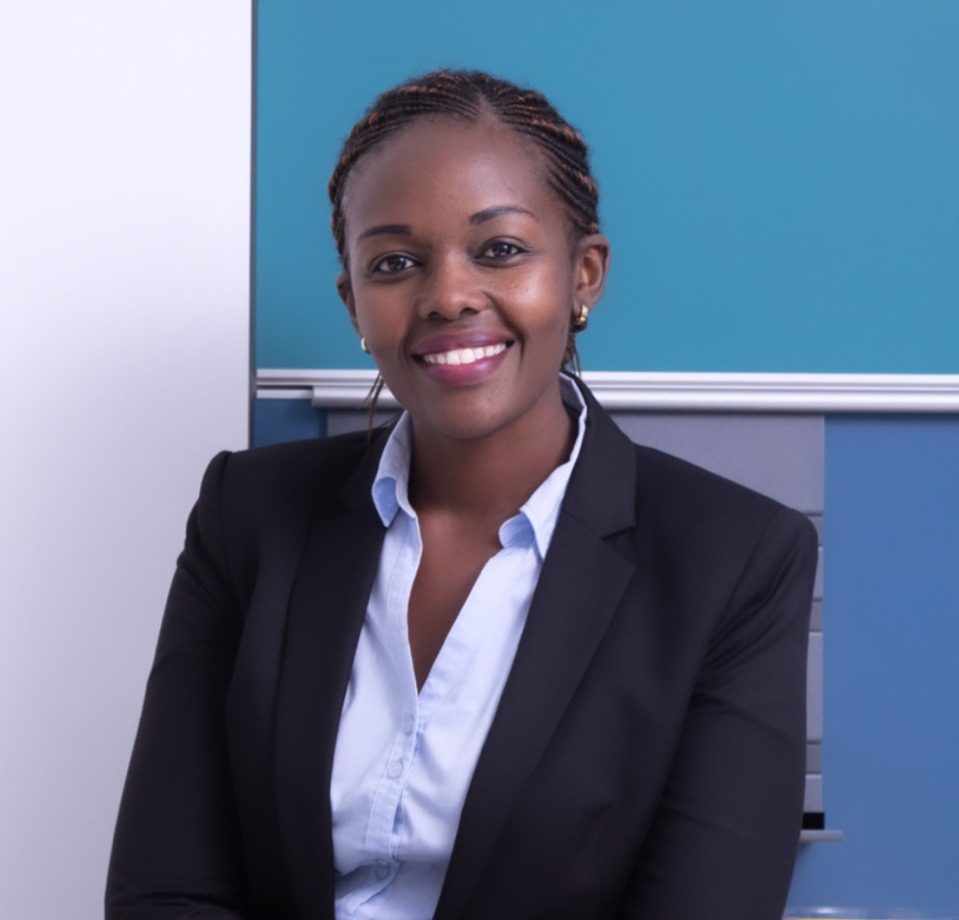Re-purposed IT equipment: an environmental initiative with add on social good, or a social initiative with added environmental good?
It doesn’t really matter what the motivation*. Circular economy initiative or a desire to support local communities, re-purposing unwanted kit and gifting it to someone for whom it still has value is a brilliant idea.
Laptops for Home Learning
There have been significant social drivers recently for getting IT hardware out to families who need it for home schooling as a result of Covid19 restrictions. In January the decision was made that national curriculum would be taught digitally, which meant that if you were a child with no computer or internet connectivity, you were, to put it bluntly, pretty stuffed.
The DfE struggled to distribute laptops at the volume needed, with the UK’s supply of available devices disappearing pretty much overnight. Shout outs started appearing for donated kit, particularly in areas with large numbers of families living with long term disadvantage.
And so, the UK responded. We saw small schemes being created, some more joined up than others, but all driven by a desire to help out where possible. In Lancaster District we aligned with Laptops for Kids, a project driven by the Northern Powerhouse Partnership. We found a local IT company, ICT Reverse who volunteered their professionalism and time to wipe devices to industry data standards, and distributed these to local schools (who were invited to register their interest – over 600 devices were requested by schools across the district).
It wasn’t ideal – we recognised that a device without internet connection is as much use as a chocolate fireguard for a family trying to engage with online learning – but we signposted schools to as much information as we could around connectivity and digital safeguarding.
We promoted the scheme through local media, with our community radio station becoming a partner to the project. Lancaster and Morecambe Makerspace were donated over 200 devices by local residents and business donation is steadily increasing.
We decided, based on feedback from schools, to only accept laptops and tablets, as we were told that many families didn’t have space for a PC. Some of those donated were a little too old for re-distribution, but most have found new homes. We created a digital fund and encouraged financial donation from those without a device to give. TotalGiving™ – Digital Inclusion Fund – Bay Foundation – Fundraising Page To date, the fund has paid for chargers for devices donated without power supplies.
PCs to Local Charity
We were offered a number of PCs by SQ Digital, a local IT company. Not wanting to look a gift horse in the mouth, it led to some creative thinking, and 12 devices were wiped and re-distributed to local charities. The VCSE (charity) sector has usually to beg, borrow and steal ICT equipment, as many funders prefer to support direct delivery rather than overhead costs. Donations of this kind of equipment, in good working order, can save a charity hours of legwork trying to raise unrestricted funds to replace kit which has finally given up the ghost.
Moving forwards
Our project has had its ups and downs. It needed an administrator. It needed solid IT partners to wipe devices. It needed people to drop off and pick up. It needed promotion. It needed a bit of seed funding. It needed the schools to work out what they needed (which is easier said than done when we had to ask relatively technical questions about operating systems). It needed everyone working together for a common vision.
To date, project partners have distributed over 140 devices to local schools and charities. We’ve supported primary and secondary education, a women’s refuge (sheltering mums and their children), a drug and alcohol support service, a refugee charity, a mental health charity and cancer charity.
Our project is just the beginning of a long-term plan to tackle digital disadvantage in the Lancaster District. We want to move forward to support parents to keep their children digitally safe, to help older people learn digital skills, to support people with low levels of literacy, or for whom English is a second language to become confident users of digital services. We want to use digital to enable attainment and aspiration. We want to celebrate the digital sector and the opportunities for young people and career changers. These are a few of the fantastic ways in which digital can change people’s lives for the better. Business engagement with these aspirations will provide us with equipment and skills to make this happen.
These are our Lancaster aspirations, but there are charities all around the country who support people who live everyday with isolation and exclusion. They would welcome supporters with open arms.
So tell me why your organization can’t commit to disposing of ICT equipment in this way. Tell me about your contracts with disposal providers, your company policy and the fact that you have no control, you’re not the one in charge of making the decision. And I’ll tell you about the single parent family where three children are sharing mum’s phone to do their schoolwork. Just because they went back to school last week doesn’t help those secondary school age children who will STILL be doing their homework on mum’s phone.
It is our culture which stops us from changing our behaviours. Be the activist in your organisation. Be a voice for the child for whom receiving a second-hand laptop is a ‘a major life event’.**
*for those of you particularly interested in Social Value metrics, this donation could align with NT16/28/29/35/71
**Head Teacher, West Cumbrian primary school.




